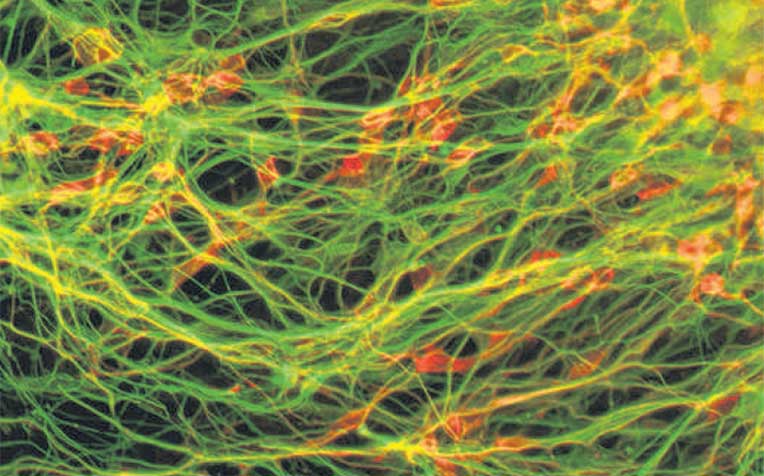HealthXchange will NEVER ask you to transfer money over a call. If in doubt, call the 24/7 ScamShield helpline at 1799, or visit the ScamShield website at www.scamshield.gov.sg.

grown from “induced pluripotent stem cells” derived from the lining of a human umbilical cord, by a team of local scientists who think that such regeneration of neurons could be used to reverse the effects of Parkinson’s.
Scientists here have succeeded in using stem cells derived from the umbilical cord lining to generate new dopamine-producing nerve cells in mice.
People with Parkinson’s disease progressively lose control of their movements due to a disruption in the brain’s production of dopamine neurons, which send signals to other nerve cells.
There is currently no effective treatment.
The team from the National University of Singapore and the National Neuroscience Institute thinks that regenerating these neurons could possibly reverse the effects of Parkinson’s.
Associate Professor Lim Kah Leong, one of the lead researchers of the study, said that if the technique is successful in humans, it could be the first treatment to target the root cause of the disease, which afflicts three out of every 1,000 people aged over 50 here – costing each patient an estimated $11,000 in medical bills per year.
The team made use of a technique developed by Nobel laureate Shinya Yamanaka to turn mature cells into “induced pluripotent stem cells” capable of turning into any cell the body needs.
It is also looking at using the same technique to combat other neurological conditions, such as strokes.
Contributed by
Get the Health Buddy App
© 2025 SingHealth Group. All Rights Reserved.














 Get it on Google Play
Get it on Google Play